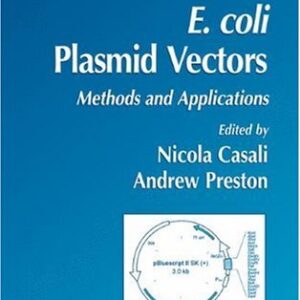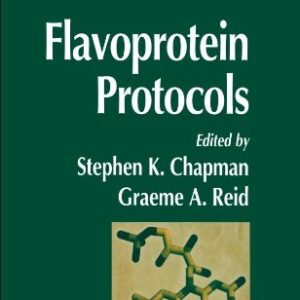This book deals with energetics of transport processes, largely expressed in terms of the thermodynamics of irreversible pro? cesses. Since at the present time too little is known about the molecular mechanism of transport, the present treatment is based largely on hypothetical models. Care has been taken, however, to define the crucial features of these models as generally as pos? sible, so that the equations do not depend too much on hypotheti? cal details. Accordingly, most equations, though developed on the basis of a mobile carrier (ferryboat) model, should apply equally to a conformational model, with an appropriate reinterpretation of the symbols. To better elucidate the essentials, the models are greatly simplified by special assumptions. Maximally, only two flows are assumed to be present in each model at one time: e. g. , two solute flows, the flow of solvent and of one solute, the flow of solvent and of heat. The simplifying assumptions may often be unreal. Hence the equations should not be applied un? critically to actual mechanisms. They may at best serve as a ba? sis on which the more appropriate equations may be developed. The book is not designed to give a complete kinetic analysis of the transport processes described. The kinetic equations are kept to the minimum required to describe the model concerned and to relate it to the corresponding thermodynamic equations. The in? tention is to stress the close relationship between bioosmotic (transport) and biochemical processes in metabolism.

![[PDF] Mechanics and Energetics of Biological Transport Prof. Dr. Erich Heinz (auth.)](https://pdfelite.com/wp-content/uploads/2024/04/66fe7c0863cb8df07a2482db9c4fece8-d.jpg)




Reviews
There are no reviews yet.